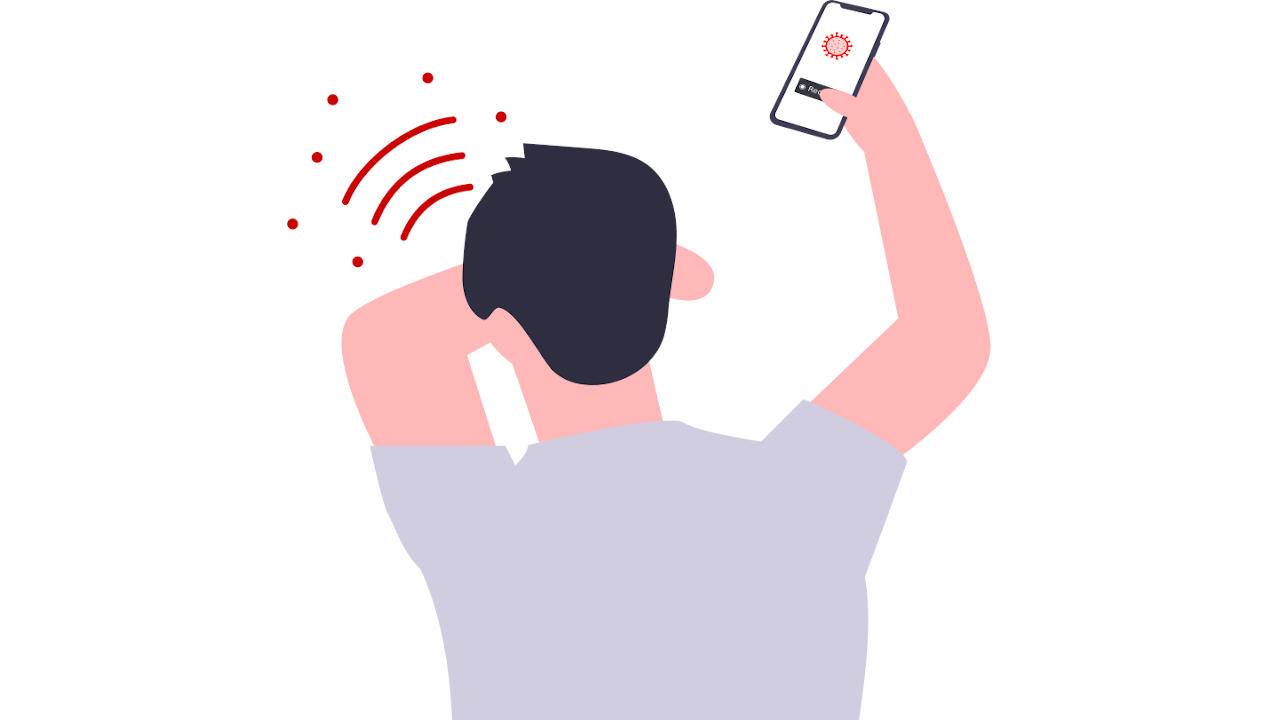Table of Contents
Coughvid app detects COVID-19 from coughing sounds

The app, cleverly named Coughvid, is a simple web app that can run on any web browser on any device that has a mic. The idea is really simple. You cough at it (in a safe way) and an AI will determine the type of cough you have and your chances of having been infected with the COVID-19 coronavirus.
It might sound like an odd way to test for the virus but it does have some data to back it up. The World Health Organization itself said that dry cough is one of the most telling signs of infection and was found in 67.7% of those who got the virus. Of course, it doesn’t take into account the other 32.3% as well as the asymptomatic cases but it is better than having no clue.
Coughvid is the project of Professor David Atienza and his team from École polytechnique fédérale de Lausanne’s Embedded Systems Laboratory. The team is using AI to distinguish between different kinds of coughs the same way doctors listen to your cough. The idea is to help reduce the number of people going to doctors demanding for a test when they don’t exhibit the symptoms.
Although the app has been reported to have a 70% accuracy rate, it’s AI is still in the process of learning from more data sets as more people try it out. It also doesn’t take the place of a medical exam. […]
SlashGear
COVID-19 tracing apps

Apple and Google are building ways for mobile phones to alert owners if they have come into contact with someone who could have spread coronavirus.
The two companies said the technology would allow smartphones to track every other device they have come into contact with in the last two weeks using Bluetooth signals.
It means that if someone is later diagnosed with Covid-19, all other people who they might have spread the virus to could be notified.
Forthcoming updates to Apple’s iOS operating system and Google’s Android will allow two people’s phones to send silent wireless signals to one another when they are close to each other.
Records of these contacts will then be stored on phones and if somebody is later diagnosed with the virus, they could then send their list to a central database, which would then alert everyone who has come into contact with them. […]
Telegraph
Contract Tracing via the Blockchain
A series of ongoing efforts across universities, medical academia, the private sector and even private citizens are harnessing distributed systems in the fight against COVID-19.
The projects are attempting to buttress governmental stay-at-home orders that have frozen billions of people in a global effort to flatten the curve. There’s no known cure for COVID-19 and there will be no vaccine against the coronavirus that causes it for at least a year, leaving medical practitioners, researchers and innovators to try and find ways of mitigating its impact – and blockchain boosters are finding new fronts to pitch in.
One such avenue is in contact tracing. Hasshi Sudler, an adjunct professor with Villanova University’s Department of Electrical and Computer Engineering, is leading development of a permissioned blockchain for doctors to trace positive COVID-19 cases, possibly getting ahead of future outbreaks.
“Medical institutions, whether they know each other or not, whether they trust each other or not, can exchange information about who they know that is infected and maintain contact with who is infected,” over the blockchain, Sudler told CoinDesk.
The need is clear: A number of countries instituted lockdowns to prevent the virus’s spread, leading to massive unemployment numbers and a likely recession.
The Villanova project is still in its early stages, but around the world other initiatives are racing ahead, or already deployed.
In Berlin, startup Spherity has developed a decentralized identity system to help patients keep their social distance while getting medication. Honduran authorities have deployed a blockchain-backed app to track and manage stay-at-home orders.
Six thousand ethereum miners are now contributing to Stanford University’s Folding@home distributed computing project, which pools GPU power to search for a COVID-19 cure.
Academia, too, has begun prodding for novel blockchain pandemic applications. An April 5 submission to the journal Diagnostics proposed a combined blockchain and AI system for self testing. […]
Coindesk
If you enjoyed this BFD article please consider sharing it with your friends.









